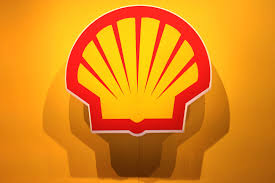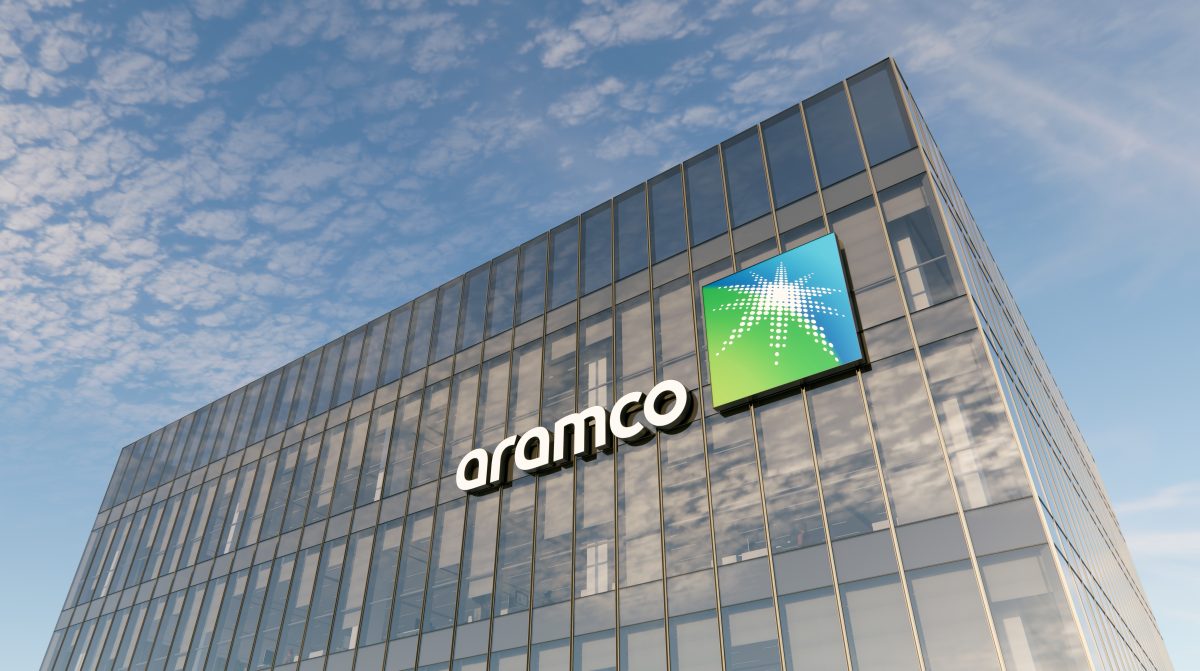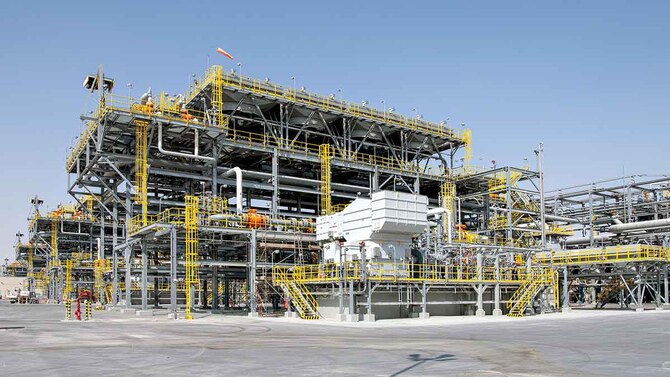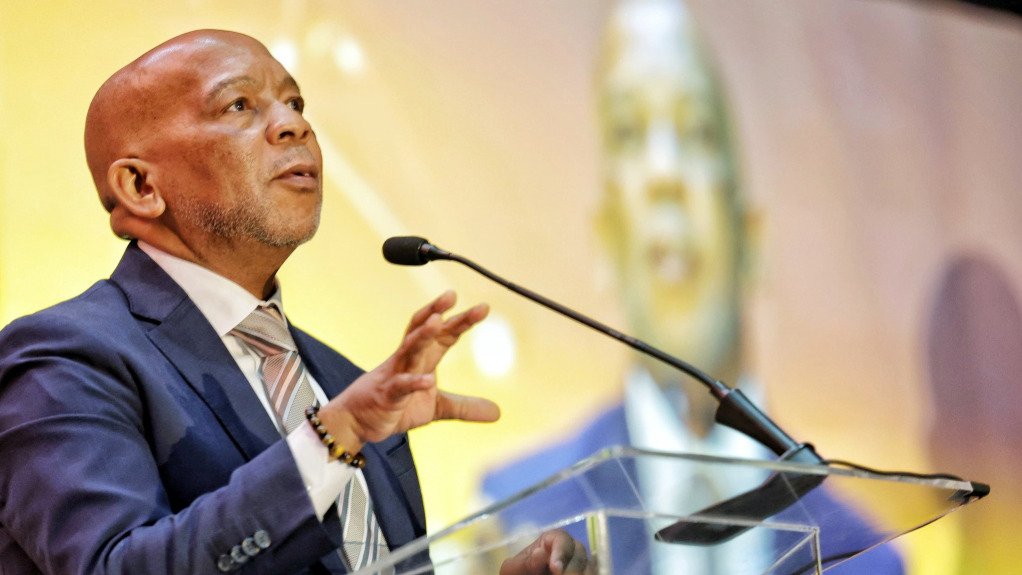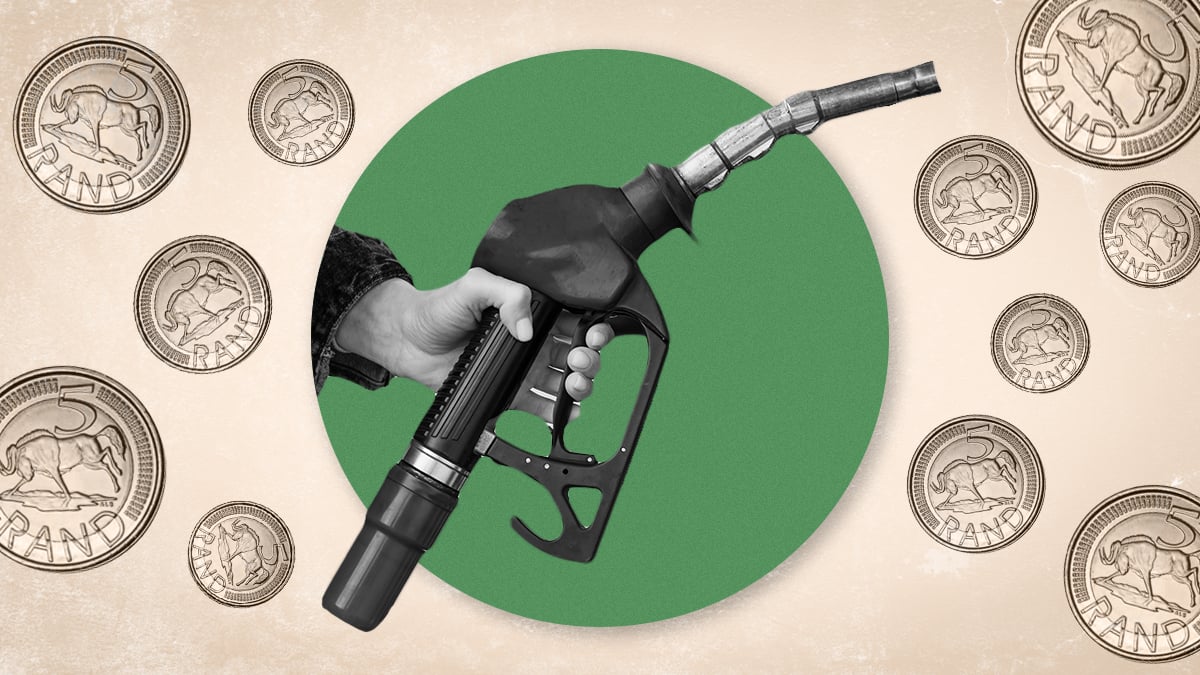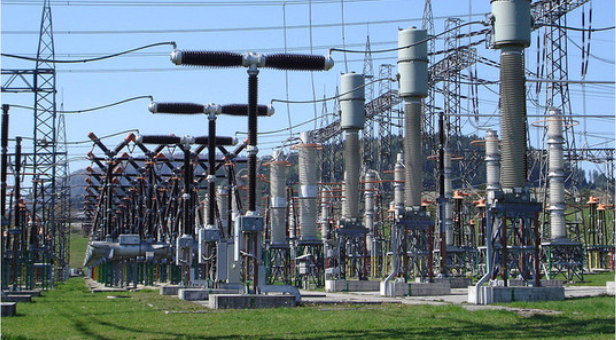Storage

GCC utilities sector could net $22bn in savings through key reforms

The GCC utilities sector has the potential to reduce operational costs by 15% to 30%, which could generate up to $22 billion in savings over the next decade.
This can be achieved through a mix of short-term tactical actions and long-term changes to how utilities operate, according to a new report by Strategy& Middle East, part of the PwC network.
GCC countries have put in place ambitious national emissions reduction programs and other energy-related programs to meet net-zero targets.
For instance, electricity demand in Saudi Arabia alone is expected to surge 58% from 330 terawatt hours (TWh) in 2024 to more than 520 TWh by 2030, with the cost of the Kingdom’s energy transition expected to reach $235 billion by 2030, it stated.
Some countries across the GCC are setting targets via regulatory frameworks as part of efforts to cap costs, with both Saudi and UAE embedding efficiency mandates for utilities, stated the report.
The Strategy& Middle East report outlines how utilities in GCC could break free from outdated assumptions and adopt leading practices to enable effective transformation.
In Abu Dhabi, the sector has been tasked with achieving an efficiency improvement of 0.5% annually through 2026.
With GCC utilities expected to play a major role in implementing these programs, they face significant pressure to reshape themselves to deliver.
Increasingly, they have been tasked with implementing advanced technologies such as smart grids, integrating renewable energy at unprecedented scale, and implementing wide-ranging digital transformation programs, all while continuously enhancing reliability and efficiency; key elements for achieving national sustainability goals, stated the report.
"As energy systems evolve and electricity demand surges, GCC utilities must redefine performance to optimise costs," remarked Anthony Yammine, a Partner at Strategy& Middle East.
"Through a set of targeted actions, the sector can unlock up to $22 billion in operational savings over the next decade. This can be achieved without sacrificing service quality, and embracing smarter, more agile ways of operating aligned with national transformation goals," he added.
Despite this, the Strategy; Middle East report finds that three common misconceptions surround utility operating costs: first, that costs are fixed and unaffected by output or change initiatives; second, that reallocating resources degrades service quality and network performance; and third, that unique conditions - such as network design, climate, and customer distribution - prevent the adoption of practices successfully used elsewhere.
These misconceptions are hindering transformation and limiting progress on cost optimization.
Globally, leading practices suggest that cost efficiency can be a cornerstone of utility regulation, with various models designed to balance financial sustainability with operational performance.
Such models – including a revenue cap, performance-based regulation, and the setting of tariffs based on the performance of top, or average, utilities in the market – push utilities to improve efficiency while maintaining service quality and profitability.
Statistics show service quality can improve even as spending is cut, with operational expenditure (OpEx) among European utility providers falling by 16-17% since 2005, during which service interruptions decreased by 33%.
Strategy& Middle East said to rise to these challenges and adjust to new regulatory requirements, utilities must eliminate inefficiencies and reallocate resources to strategic investments.
These investments include spending to upgrade their infrastructure, enhance digitization, and reskilling the workforce for the future. Additionally, Broader adoption of automation, AI-driven grid management, predictive maintenance, and digitalized customer services can also reduce operational expenditure, it stated.
The report identifies nine key areas for optimizing utility operations, each with clear cost-saving potential. Among them, risk-based maintenance, procurement excellence, and support services optimization could deliver savings of up to 20%, 10%, and 15% respectively.
"Utilities in the GCC have a clear opportunity to optimize operations by reengineering workflows, adopting proven practices from more mature markets, and integrate cutting-edge technologies that boost productivity," remarked Aditya Harneja, Principal at Strategy& Middle East.
"A strategic allocation of resources from legacy operations to smart grid technologies - alongside a focus on cybersecurity and workforce upskilling - can help the sector support growth priorities, close critical gaps and build long-term resilience," he added.
In the shorter term, quick wins can bring about substantial savings without requiring extensive buy-in from multiple stakeholders, with one regional utility provider in the GCC region achieving 8-15% OpEx savings in just three years through tactical reforms including fine-tuning expenditure capitalization policies, optimizing vehicle policies and fleet size, and adjusting overtime policies.
The success of quick wins paves the way for longer-term initiatives involving more extensive organizational restructuring, process improvement, or digital transformation, with such longer-term, more strategic moves likely to capture an additional 7-15% of the potential gains from operating expenditure optimization.
The report notes that in today’s environment, optimizing operational expenditures is both a necessity and an opportunity.
For utilities, leadership in executing these strategies will determine whether they can meet today’s challenges and thrive as key enablers of their national economic and sustainability goals.
Vlad Gheorghe, Principal at Strategy& Middle East, said: "Optimizing operational spending requires a structured approach that balances quick wins with longer-term transformation."
"Tactical actions can create immediate impact and build momentum, while strong leadership and program design are key to driving sustained performance and long-term value," he added.-TradeArabia News Service



